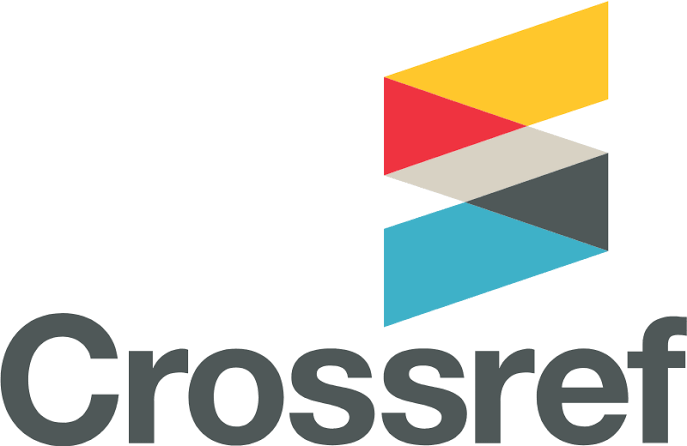GAMIFICATION IN SCIENCE EDUCATION IN NIGERIA
DOI:
https://doi.org/10.59795/m.v2i3.185Keywords:
gamification, science education, STEM pedagogy, active learning, Nigeria, educational technology, game-based learningAbstract
Gamification—introducing game elements (points, challenges, levels, feedback) into learning—offers a promising route to revitalise science education in Nigeria by increasing engagement, improving conceptual understanding, and supporting active, experiential learning. This chapter situates gamification within contemporary science pedagogy and outlines its potential benefits (motivation, immediate feedback, differentiated pathways, collaboration) as well as practical constraints in the Nigerian context (limited electricity and devices, teacher capacity gaps, curriculum/assessment misalignment, cost, and equity concerns). Drawing on international frameworks and empirical reviews of gamification and inquiry-based science instruction, the chapter argues for a mixed-modal approach that combines low-tech and high-tech game mechanics, teacher professional development, curriculum alignment, and pilot research to evaluate impact. It recommends concrete actions for policymakers and school leaders: integrate gamified tasks into syllabi, fund teacher training in gameful pedagogy, prioritise low-tech game designs for low-resource settings, and run iterative pilots with robust assessment of learning outcomes. With careful design and sustained support, gamification can help Nigeria move from rote memorisation toward deeper scientific literacy and 21st-century competences.
Downloads
Published
How to Cite
Issue
Section
License
Copyright (c) 2025 Multi-Disciplinary Research and Development Journals Int'l

This work is licensed under a Creative Commons Attribution-NonCommercial-NoDerivatives 4.0 International License.












